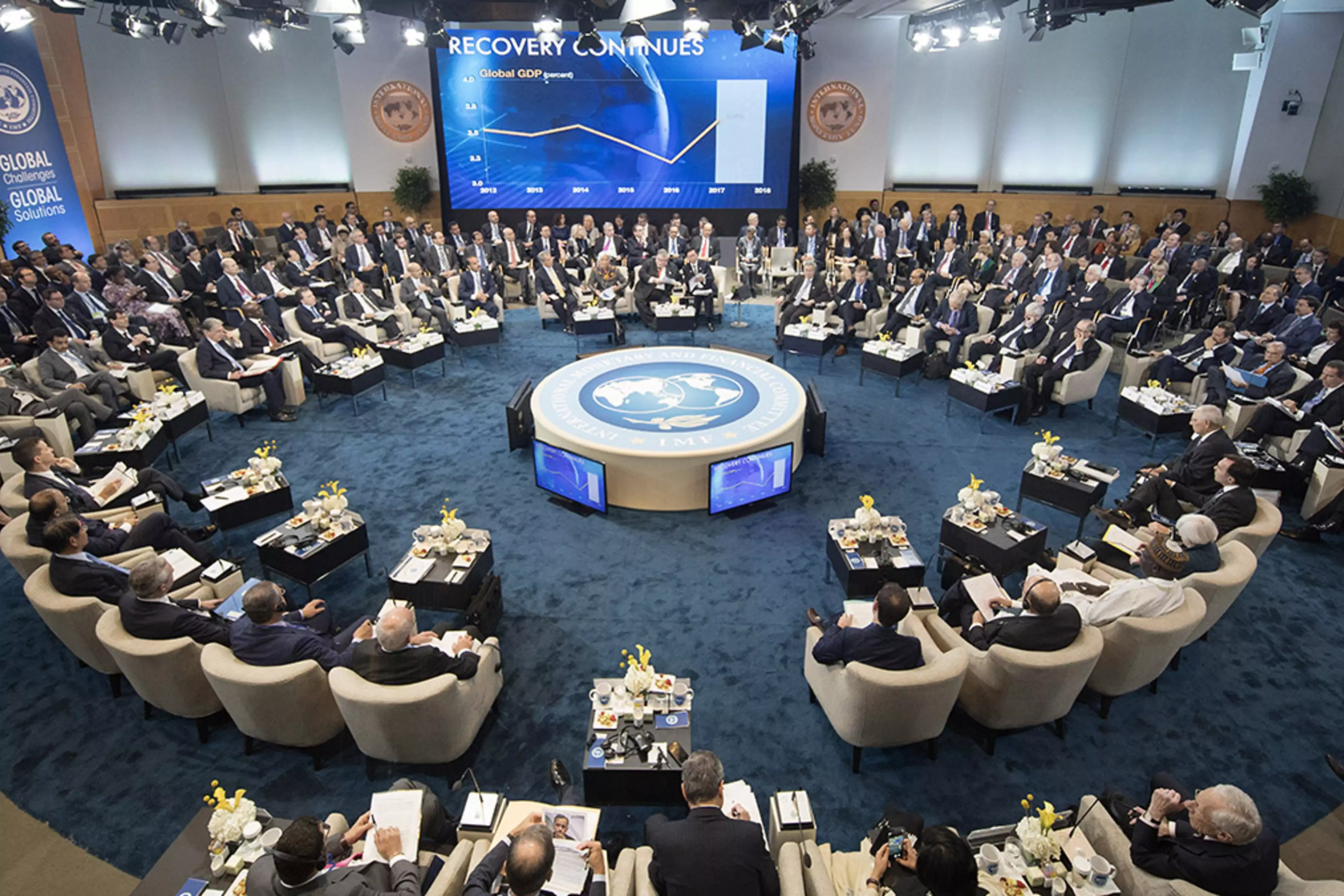IMF and Ghana establish a staff-level agreement on a $3 billion, three-year extended credit facility.
The International Monetary Fund staff and government have reached a Staff-Level Agreement on economic policies and reforms to be supported by a new three-year arrangement under the Extended Credit Facility (ECF) of about $3 billion.
The government's sturdy reform program, which aimed to rebuild macroeconomic stability and debt sustainability while safeguarding the most vulnerable, maintaining financial stability, and laying the groundwork for a strong and inclusive recovery, was crucial in this decision, the fund said in a statement.
The staff-level agreement, however, is dependent on receiving the required finance assurances from Ghana's partners and creditors as well as IMF Management and Executive Board approval.
The government has started a thorough debt operation, the statement continued, to help with the goal of restoring public debt sustainability. However, the Fund stated that before the proposed Fund-supported programme can be submitted to the IMF Executive Board for approval, substantial assurances and advancement on this front will be required.
The statement noted that "the Ghanaian authorities have committed to an extensive economic reform program, which builds on the government's Post-COVID-19 Programme for Economic Growth (PC-PEG) and addresses the serious difficulties facing the country."
"Key reforms seek to protect the poor while ensuring the sustainability of public budgets. To improve domestic resource mobilization and decrease spending, the fiscal plan focuses on frontloaded policies. Additionally, the government has pledged to expand social safety nets, which includes bolstering the current targeted cash-transfer program for needy households and enhancing the scope and effectiveness of social spending, according to the statement.
According to the statement, structural measures will be implemented to support the fiscal policy and guarantee a lasting consolidation. These include moving forward with reforms to improve tax compliance and creating a medium-term plan to bring in more money.
It was mentioned that the structural changes would help make room for policies that would promote growth and social expenditure. The authorities are also committed to further bolstering governance and accountability, so efforts will also be made to strengthen public expenditure commitment controls, improve fiscal transparency (including the reporting and monitoring of arrears), improve the management of public enterprises, and address structural challenges in the energy and cocoa sectors.
The Fund continued, "Improving market confidence, strengthening resilience to external shocks, and lowering inflation are also essential program priorities. In order to rebuild external buffers, the Bank of Ghana will continue to enhance its monetary policy framework and encourage exchange rate flexibility. A domestic debt exchange has been started as part of the government's debt management plan. To guarantee that the stability of the financial sector is maintained, the authorities are committed to implementing the appropriate mitigating measures.
The Vice President, Dr. Bawumia, the Finance Minister, Ken Ofori-Atta, the Governor of the Bank of Ghana, Dr. Ernest Addison, and his teams, as well as representatives from several government ministries, met with the IMF employees.
The panel included other stakeholders.
The mission team finished by thanking the government, the Finance Committee of the Parliament, as well as members of the corporate sector, labor unions, and civil society, for their forthcoming and helpful engagement over the previous few months.

Comments
Post a Comment